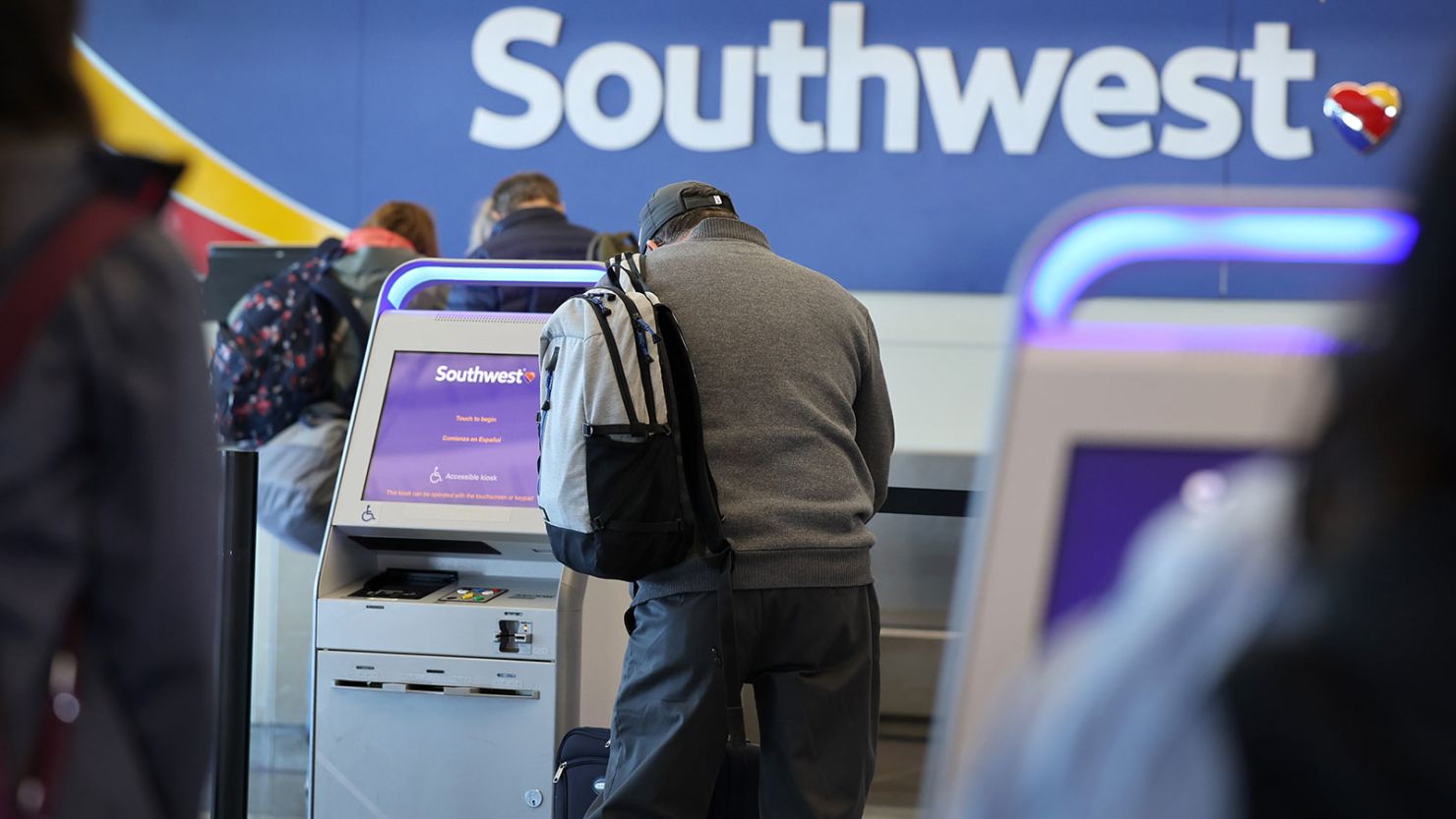Southwest Airlines' recent announcement to introduce baggage fees marks a significant departure from its long-standing policy of allowing free checked luggage. This shift, effective May 28th, 2025, comes amid rising operational costs and increasing pressure from investors such as Elliott Investment Management. Historically, Southwest has positioned its no-fee baggage policy as a key competitive advantage in the airline industry; however, the financial landscape has compelled the airline to reassess this strategy.
The new fee is part of a series of changes announced by the company that it says will reward its most loyal customers and help it "return to the levels of profitability that both we and our Shareholders expect," president and CEO Bob Jordan said in a statement.
It's the latest departure of a long-standing Southwest tradition. Last summer, the Dallas-based carrier announced it would also end its open seating policy on flights and replace it with an "assigned and premium seating" process.
Southwest didn’t immediately reveal how much the checked bags will cost. Regardless of the price, it will likely instantly boost its bottom line because Southwest has two to three times as many checked bags as other airlines.
Despite not charging for the first two checked bags, Southwest collected $73 million in baggage fees in 2023, and $62 million in the first 9 months of 2024, according to Department of Transportation statistics. However, that is a fraction of the baggage fees collected by other airlines, with American Airlines collecting $1.4 billion in 2023, while United Airlines pulled in $1.2 billion and Delta Air Lines garnering $985 million.
“While this could alienate some customers, other major airlines peers have fees today,” wrote Jeff Windau, an analyst at Edward Jones, in a note. “As long as Southwest maintains competitive pricing, we do not envision a significant loss of customers.”
The decision to implement baggage fees reflects broader trends within the airline sector, where many carriers have opted for additional revenue streams through ancillary charges. By projecting an annual revenue of $1.5 billion from these fees, Southwest aims to offset an estimated $1.8 billion loss attributed to customers opting for rival airlines . This policy change is part of a larger cost-cutting initiative that includes layoffs and modifications to its frequent flyer program.
While elite members and Business Select passengers will retain some benefits regarding free checked bags, the majority of travelers will now face additional expenses . The anticipated fee structure is expected to align with competitors’ pricing models, likely starting at $35 per bag. As Southwest navigates this transition, it faces the challenge of maintaining customer loyalty while adapting to market pressures that necessitate increased profitability.
Read more
Markets Tumble: Dow and S&P 500 Sink as Trump’s Tariff Threats Shake Investors Trump’s 25% Tariffs on Steel and Aluminum Take Effect Worldwide as Europe Vows RetaliationSarah H
Also on site :
- Volvo Shifts Gears with First-Ever In-Car Use of Google Gemini
- Health Officials Report Measles Exposure at Shakira Concert
- Scientists Reveal Teeth Originated from Ancient Fish Body Armo

